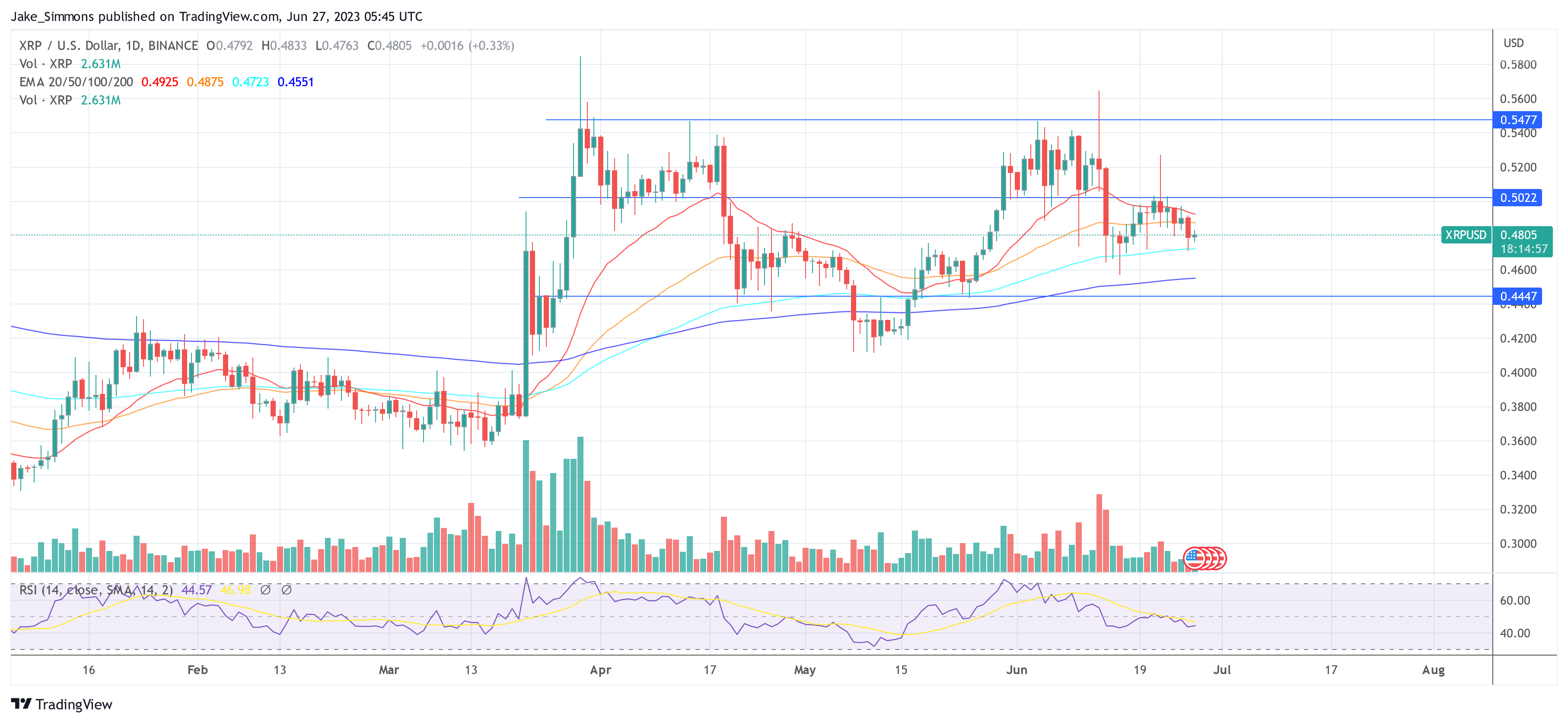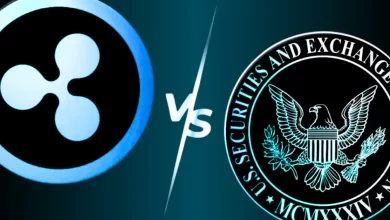Ripple: Ethereum Sidechain Inches Closer To Mainnet Launch, Here’s When

The blockchain software company Perrsyst has been developing an Ethereum-compatible sidechain in cooperation with Ripple for quite some time now. In October last year, both companies released the first phase of an Ethereum Virtual Machine (EVM) sidechain for the XRP Ledger (XRPL) on the XRPL devnet.
The milestone allowed developers to access the XRPL’s features and deploy Solidity-based smart contracts on the XRPL. It also introduces a bridge between an EVM-compatible chain and the XRPL devnet. The XRP-based EVM-compatible sidechain was designed specifically for the Tendermint protocol and was capable of processing 1,000 transactions per second (TPS).
Ripple And Peersyst Enter Phase 2
As of yesterday, the EVM sidechain project is entering its second phase and is now available in a new version of the devnet (v2). This new version features a decentralised bridge design using the XLS-38d specification and supports XRP, IOU and ERC-20 token transfers in both directions between the XRP ledger and the EVM sidechain.
In addition, the EVM sidechain uses a Proof of Authority (PoA) consensus mechanism. Updates to the new version also include better scalability by reducing the block time from 5.4 to 3.5 seconds per block, improved chain performance by switching from the Tendermint consensus algorithm to Comet Byzantine Fault Tolerant (BFT), and an implemented PoA validator election mechanism.
Users of the testnet also get an improved sidechain block explorer that can also perform smart contract verification. The original version of the EVM sidechain, announced in October last year, will be available for the next month only, after which it will be discontinued.
Remarkably, the mainnet launch is getting closer and closer with the second phase of the project. The third and final phase is already the implementation on the mainnet, but before that, a security audit of the EVM sidechain will be conducted in July. The results will be made available to the community for review, and if there are any issues, Peersyst and Ripple will fix them.
As RippleX’s announcement goes on to say, the EVM sidechain is subsequently expected to go live after the XLS-38d bridge change is approved on the mainnet. The XRP Ledger uses a consensus process to approve all changes.
Fully functional changes to the transaction process are introduced as amendments; the validators then vote on these changes. If a change has more than 80% support for a period of two weeks, the change is accepted and applies permanently to all subsequent versions of ledger.
Why is it important? The EVM sidechain by Ripple means that XRP users could eventually have access to dapps like Uniswap and web3 wallets like MetaMask, while the Ethereum ecosystem can utilize the XRP token for its decentralized finance applications.
At press time, the XRP price stood at $0.4805, further consolidating below the key resistance around $0.50.

Featured image from iStock, chart from TradingView.com





